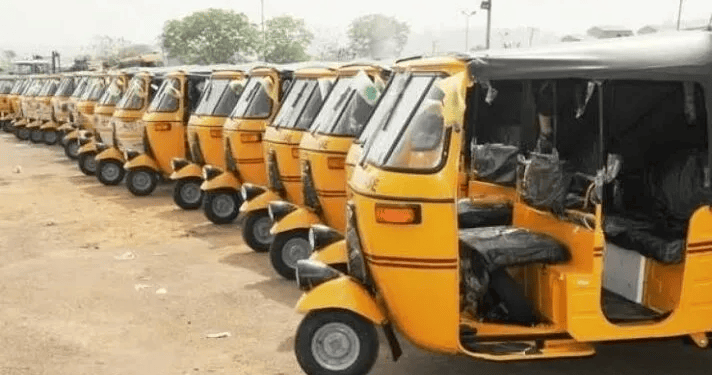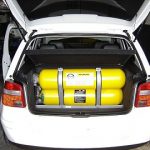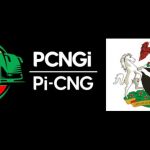In a bold move to support MSMEs and promote sustainable transportation, the Federal Government has launched the distribution of free Compressed Natural Gas (CNG) tricycles to cooperatives across Nigeria.
The initiative, part of the Presidential Natural Gas Initiative (PNGI), kicked off at Win-Win Industrial Park near Sagamu, Ogun State, in collaboration with the Federal Ministry of Labour and Employment. The programme is designed to uplift underserved communities, providing them with eco-friendly mobility solutions and economic empowerment through cooperative ownership.
The Minister of Labour and Employment, Nkeiruka Onyejeocha, represented by John Nyamali, Director of Employment and Wages, called the initiative a game-changer for economic resilience and environmental sustainability. “These CNG-powered tricycles will not only provide mobility but create economic opportunities for thousands of Nigerians,” she said.
The tricycles, given to cooperatives for commercial use, will generate income that will be shared among cooperative members, ensuring the benefits reach the grassroots. “By using the cooperative model, we’re directly empowering communities and ensuring fair distribution of earnings,” Onyejeocha noted.
Michael Oluwagbemi, Director of PNGI, stated that 1,500 to 2,000 tricycles will be distributed across 60 cooperatives in the six geopolitical zones. He highlighted that CNG is a safer, cheaper, and more reliable energy source, which will drive local economies and reduce the dependency on petrol and diesel. “These tricycles are essential for the development of rural and urban communities alike,” Oluwagbemi emphasized.
The first cooperative to benefit, Irewolode, based in Amuwo Odofin, Lagos, will offer free rides to residents starting this weekend, with free services continuing until the end of the month to promote CNG usage.
Olujimi Sobayo, Chairman of Irewolode Cooperative Society, praised the Federal Government’s effort but urged them to invest in more CNG refilling stations nationwide. “For this initiative to succeed long-term, we must reduce our reliance on petrol and diesel,” Sobayo advised.
The initiative is expected to boost MSMEs, create jobs, and contribute to a cleaner environment, marking a significant step forward in Nigeria’s economic and sustainable development goals.










